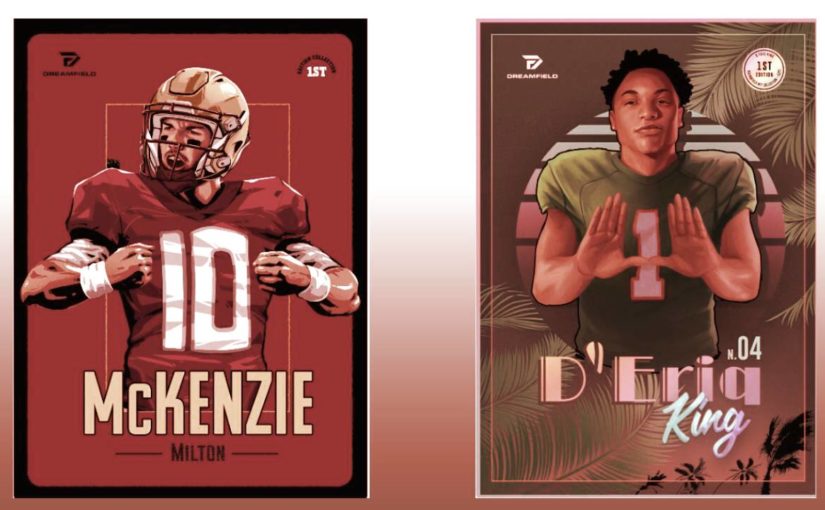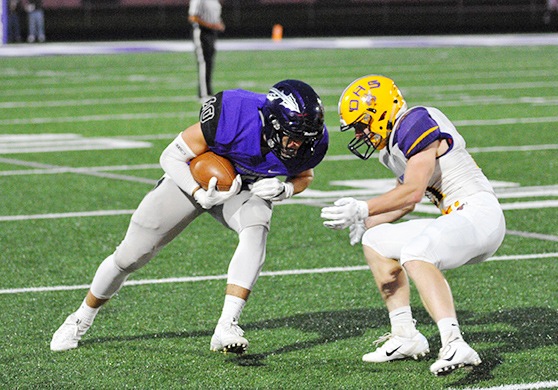Three’s Company: NFTs, NIL, and the NCAA
Since the NCAA’s new stance on Name, Image, and Likeness (NIL) rule regarding collegiate student-athletes there has been an explosion of opportunities to monetize their careers before turning pro.That shift in thought coincides with the rise of cryptocurrency, NFTs, the metaverse, and Web 3.0. A recent article from CollegeAthleteInsight.com discussed how these two avenues intersect and how student-athletes can capitalize on their opportunity.
 Below is an excerpt from that CollegeAthleteInsight.com article.
Below is an excerpt from that CollegeAthleteInsight.com article.
A non-fungible token (NFT) is a unique digital asset that represents ownership of real-world items like art, video clips, music, and more.
NFTs use the same blockchain technology that powers cryptocurrencies, but they’re not a currency. Think of it like an authentic digital baseball card or ticket.
We first saw the rise of NFT’s with NBA TopShots and it has now trickled down to college & high school sports.
Evan Mobley declared for the NBA draft by releasing his own NFT that also included two signed jerseys and two tickets to a game with a meet and greets – it sold for 2.1 Ethereum.
When the transaction happened in April it was equivalent to $2,163. Now it’s worth over $8,000. Volatility is evident in crypto and also NFTs.
NFTs can be considered modern-day collectibles. They’re bought and sold online, and represent digital proof of ownership of any given item.
An NFT is a digital asset such as:
- image
- music
- video
- art
Non-fungible tokens are super customizable, and anything that you see on your computer or phone can become an NFT.
But aren’t just the top athletes going to be able to profit from this? What about the other 99% of college athletes?
Three years ago, Monmouth basketball became famous during the NCAA tournament because of the 3-point celebrations the bench was doing. If NIL was around then, these individuals would have been able to profit off of that.
Maybe those bench players came together, and they worked with local artists to turn those celebrations into small digital art pieces or videos.
And now we’re giving opportunities to people who don’t have that household name brand. The key is leveraging social media. For those of you who still don’t see the appeal of a digital collectible, the concept of NFTs could still prove pervasive.
Teams will use the technology for ticketing, turning what’s already a scannable ticket on a phone into an NFT programmed to give royalties to the team and making them easy to authenticate on the secondary market. If you’re a season-ticket holder, you might get a specialized NFT that entitles you to an experience like meeting a player.
The main function of NFT’s in sports will most likely be buying the experience and the perks that come along with it.
To read the full article from CollegeAthleteInsight.com, click here.







